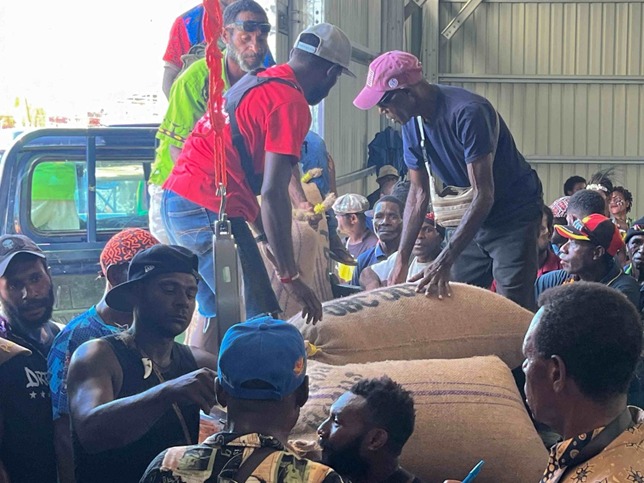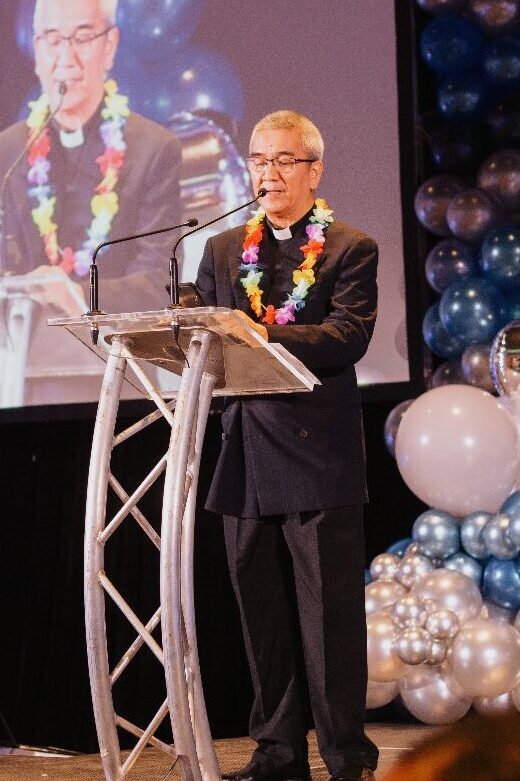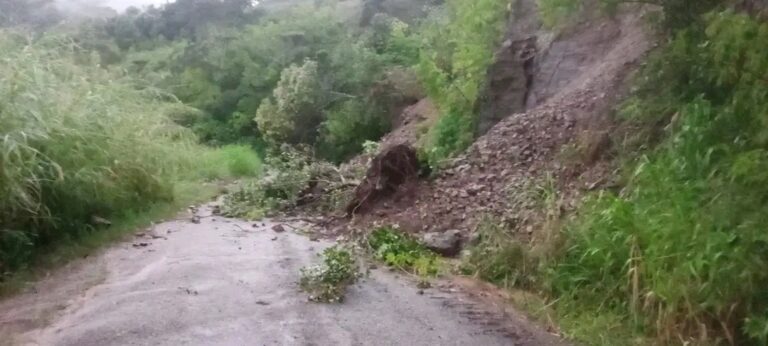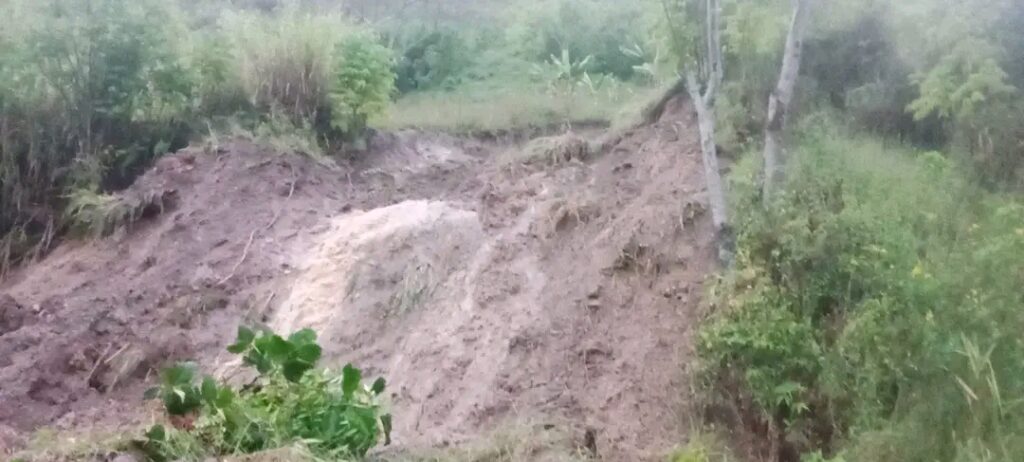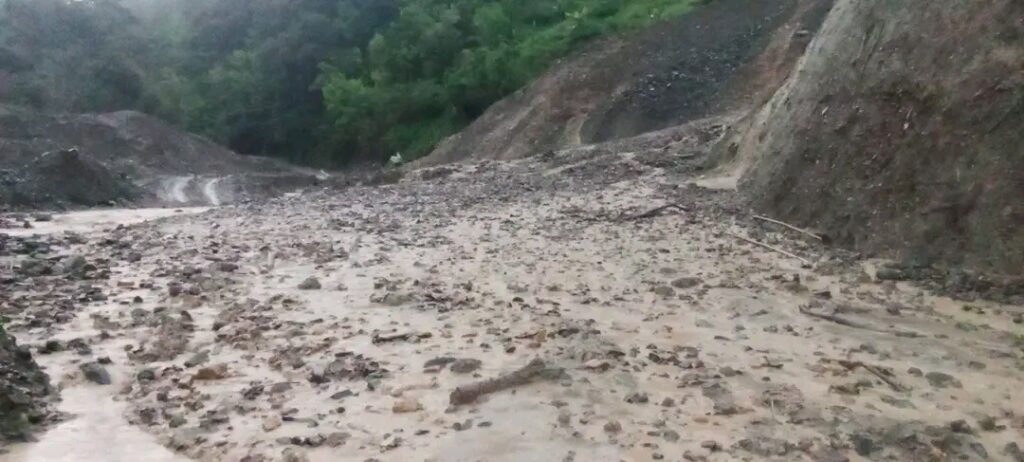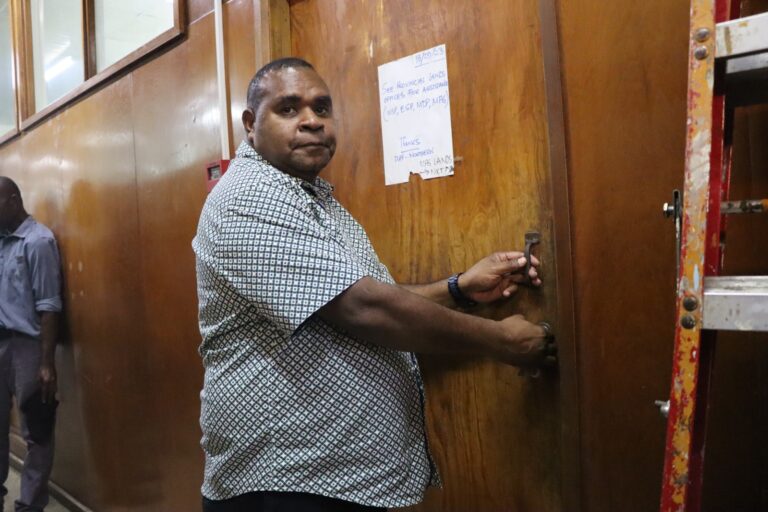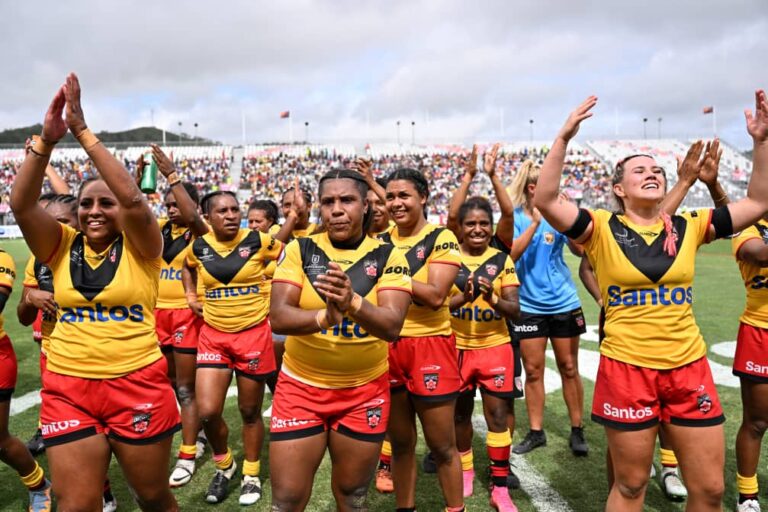The Food and Agriculture Organization of the United Nations (FAO), as part of the EU-STREIT Program in Papua New Guinea has officially opened a Cocoa Export Market Depot in Vanimo, West Sepik Province.
This facility is the first dedicated cocoa export-oriented depot in the province.
The Cocoa Export Market Depot, with an investment of PGK1.67 million and a storage capacity of 50 metric tons, is aimed to support 20,000 farming households and enhance market access and opportunity to premium prices for their cocoa beans.
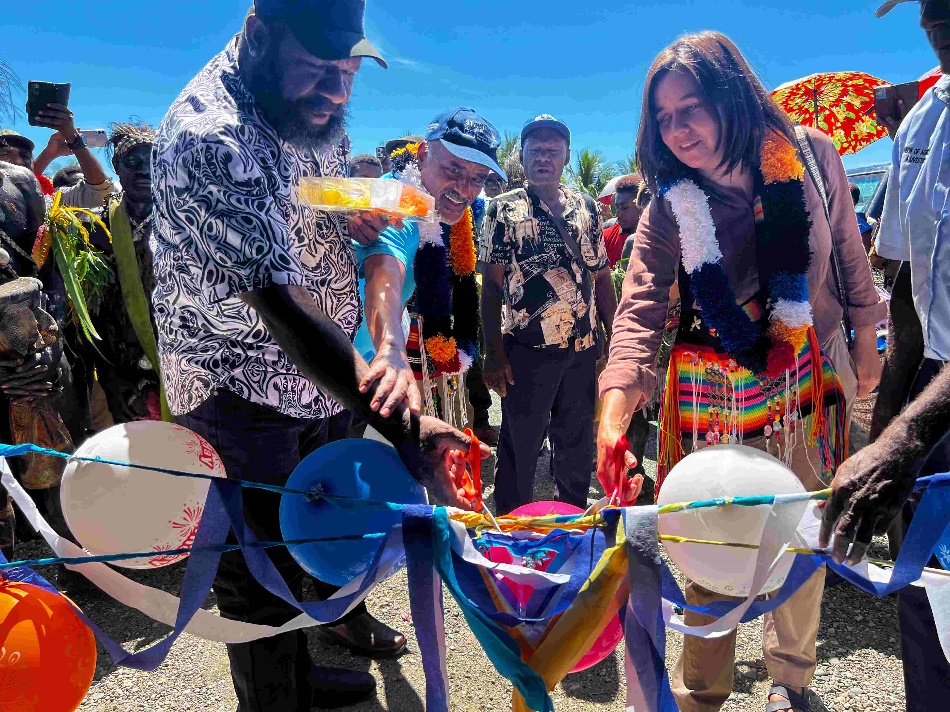
The depot was handed over to the Provincial Government and will be managed West Sepik Investment Limited; the business arm of the Provincial Administration of West Sepik.
The newly established Cocoa Export Market Depot is part of FAO’s commitment to improving the livelihoods of local cocoa farmers by providing proper storage, facilitating better marketing, and enabling farmers to sell their cocoa at higher prices.
This initiative also marks a significant step towards increasing sustainable production of cocoa in West Sepik.
The inauguration event saw the presence of several distinguished guests from the European Union and United Nations including Governor of West Sepik Province, Tony Wouwou.
Governor Wouwou expressed his gratitude to the European Union for funding this important facility for the people of West Sepik Province.
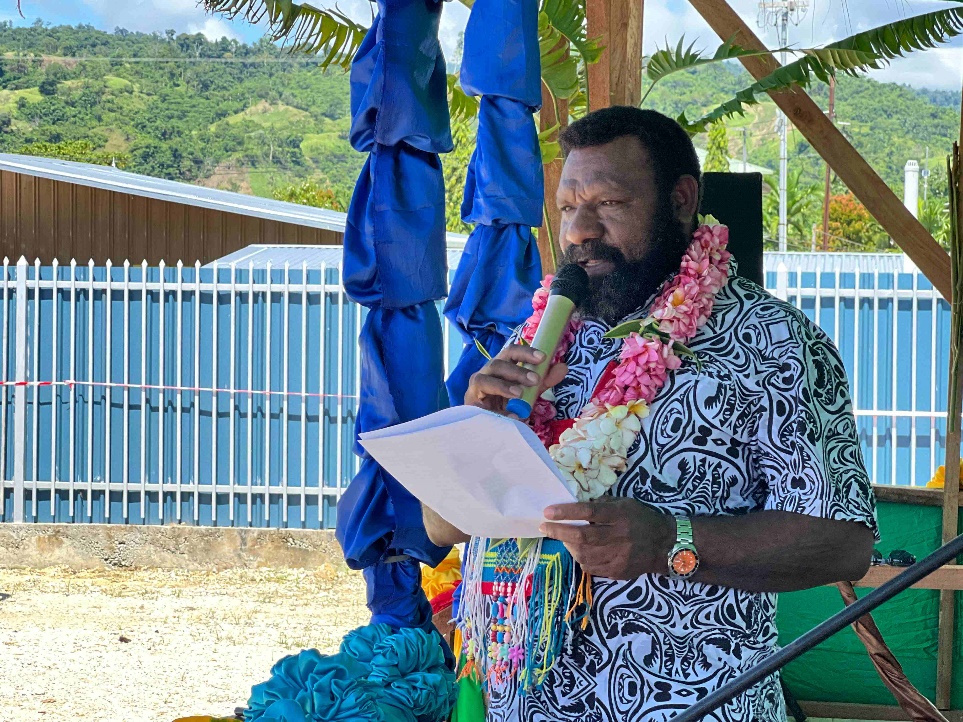
“I commend the FAO-led EU-STREIT PNG Program for facilitating the construction and establishment of this essential facility.
“This initiative will enhance the productivity of cocoa and significantly improve the livelihoods of our cocoa farmers by providing critical marketing services here in Vanimo,” Governor Wouwou said.
Kesang Phuntsho, speaking on behalf of the UN Resident Coordinator in Papua New Guinea, reaffirmed the United Nations commitment to continued collaboration with the government and local communities.
“In Papua New Guinea, cocoa ranks third among agricultural export crops, contributing approximately 14% of agricultural exports.
“The opportunities for growth are significant, and ensuring the sustainability of our achievements is crucial,” she said.
EU-STREIT PNG Program Coordinator, Ali Said Yesuf, expressed his satisfaction with the progress of the project.
“I am extremely pleased to see this initiative come to fruition. This support, provided by the EU-STREIT PNG Program, aims to enhance the cocoa value chain.
“Our objectives are to improve marketing, ensure farmers receive fair prices, and establish Vanimo as a hub for cocoa exports. This will motivate farmers and transform the economy of West Sepik.”

